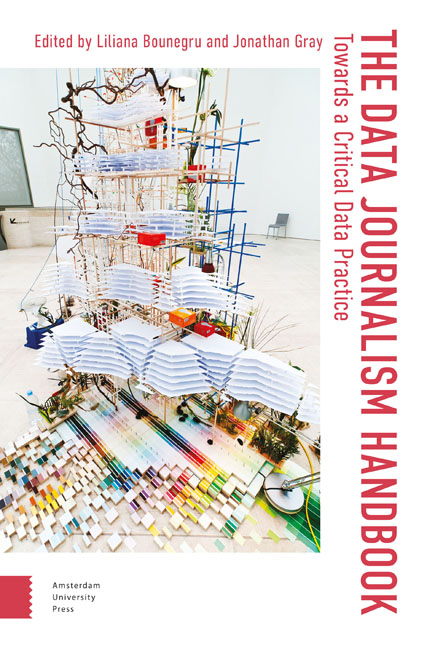35 - Algorithms in the Spotlight: Collaborative Investigations at Der Spiegel
Summary
Abstract
Using several examples from German media, this chapter provides insights into collaborative projects that investigate algorithms and summarizes the most important lessons learned.
Keywords: algorithms, algorithmic accountability, data journalism, crowdsourcing, transparency, collaboration
The demand for transparency around algorithms is not new in Germany. In 2012, Der Spiegel columnist Sascha Lobo called for the mechanics of the Google search algorithm to be disclosed (Lobo, 2012), even if this would harm the company. The reason was that Google can shape how we view the world, for example through the autocomplete function, as a prominent case in Germany illustrated. In this case, the wife of the former federal president had taken legal action against Google because problematic terms were suggested in the autocomplete function when her name was searched for. Two years later, the German minister of justice repeated this appeal, which was extended again by the federal chancellor in 2016: Algorithms should be more transparent, Angela Merkel demanded (Kartell, 2014; Reinbold, 2016).
In the past few years, the topic of algorithmic accountability has been under constant discussion at Der Spiegel—but initially only as an occasion for reporting, not in the form of our own research or analysis project. There may be two primary reasons why the German media began experimenting in this area later than their colleagues in the United States. First, journalists in Germany do not have such strong freedom of information rights and instruments at their disposal. Second, data journalism does not have such a long tradition as in the United States. Der Spiegel has only had its own data journalism department since 2016 and is slowly but steadily expanding this area. It is, of course, also possible for newsrooms with smaller resources to be active in this field—for example, through cooperation with organizations or freelancers. In our case, too, all previous projects in the area of algorithmic accountability reporting have come about in this way. This chapter will therefore focus on collaborations and the lessons we have learned from them.
Google, Facebook and Schufa: Three Projects at a Glance
Our editorial team primarily relies on cooperation when it comes to the investigation of algorithms. In the run-up to the 2017 federal elections, we joined forces with the NGO AlgorithmWatch to gain insights into the personalization of Google search results.
- Type
- Chapter
- Information
- The Data Journalism HandbookTowards A Critical Data Practice, pp. 257 - 264Publisher: Amsterdam University PressPrint publication year: 2021



